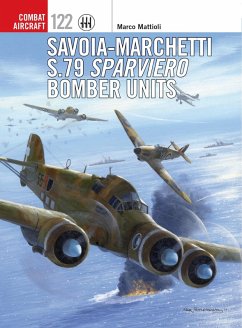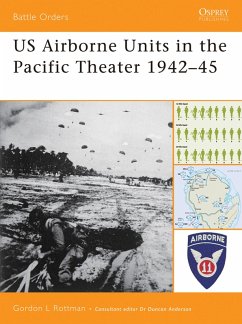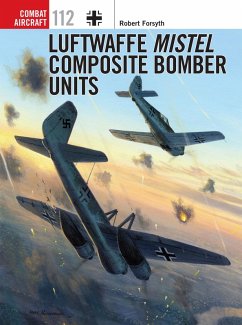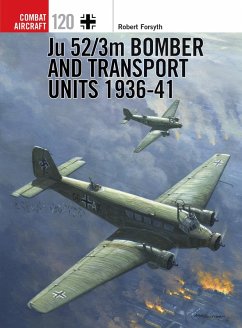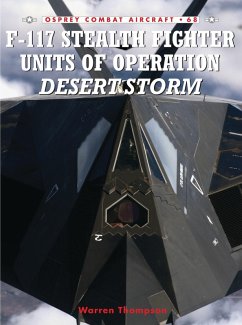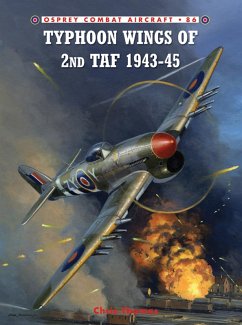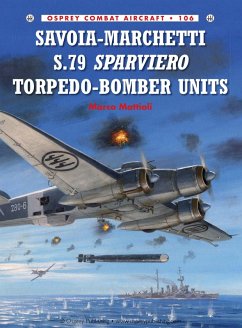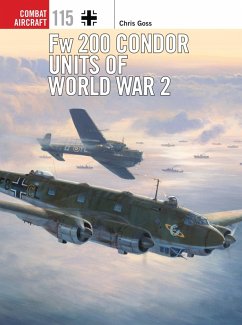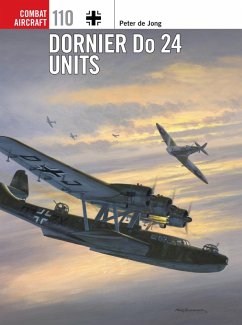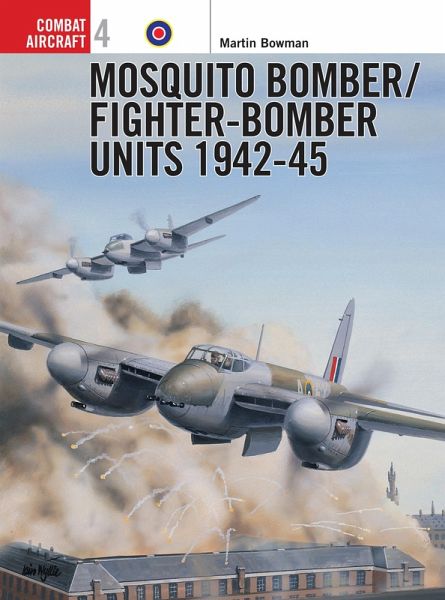
Mosquito Bomber/Fighter-Bomber Units 1942-45 (eBook, ePUB)
Versandkostenfrei!
Sofort per Download lieferbar
11,95 €
inkl. MwSt.
Weitere Ausgaben:

PAYBACK Punkte
6 °P sammeln!
Truly an example of engineering ingenuity born out of the desperation of war, the legendary 'all-wooden' Mosquito was perhaps the best twin-engined fighter-bomber of its size to see action in World War 2. The first bomber variant to enter service was the B Mk IV, initial examples of which were issued to No 2 Group's No 105 Sqn at Swanton Morley, in Norfolk, in November 1941. Considerably faster than the unit's previous Blenheim Mk IVs, powered by inline rather than radial engines, and made of wood instead of metal alloy, the Mosquito initially proved a challenging mount for both air- and groun...
Truly an example of engineering ingenuity born out of the desperation of war, the legendary 'all-wooden' Mosquito was perhaps the best twin-engined fighter-bomber of its size to see action in World War 2. The first bomber variant to enter service was the B Mk IV, initial examples of which were issued to No 2 Group's No 105 Sqn at Swanton Morley, in Norfolk, in November 1941. Considerably faster than the unit's previous Blenheim Mk IVs, powered by inline rather than radial engines, and made of wood instead of metal alloy, the Mosquito initially proved a challenging mount for both air- and groundcrew alike. Featuring period photography and beautifully-illustrated aircraft profiles, this volume is ideal for those interested in wartime fighter-bombers.





